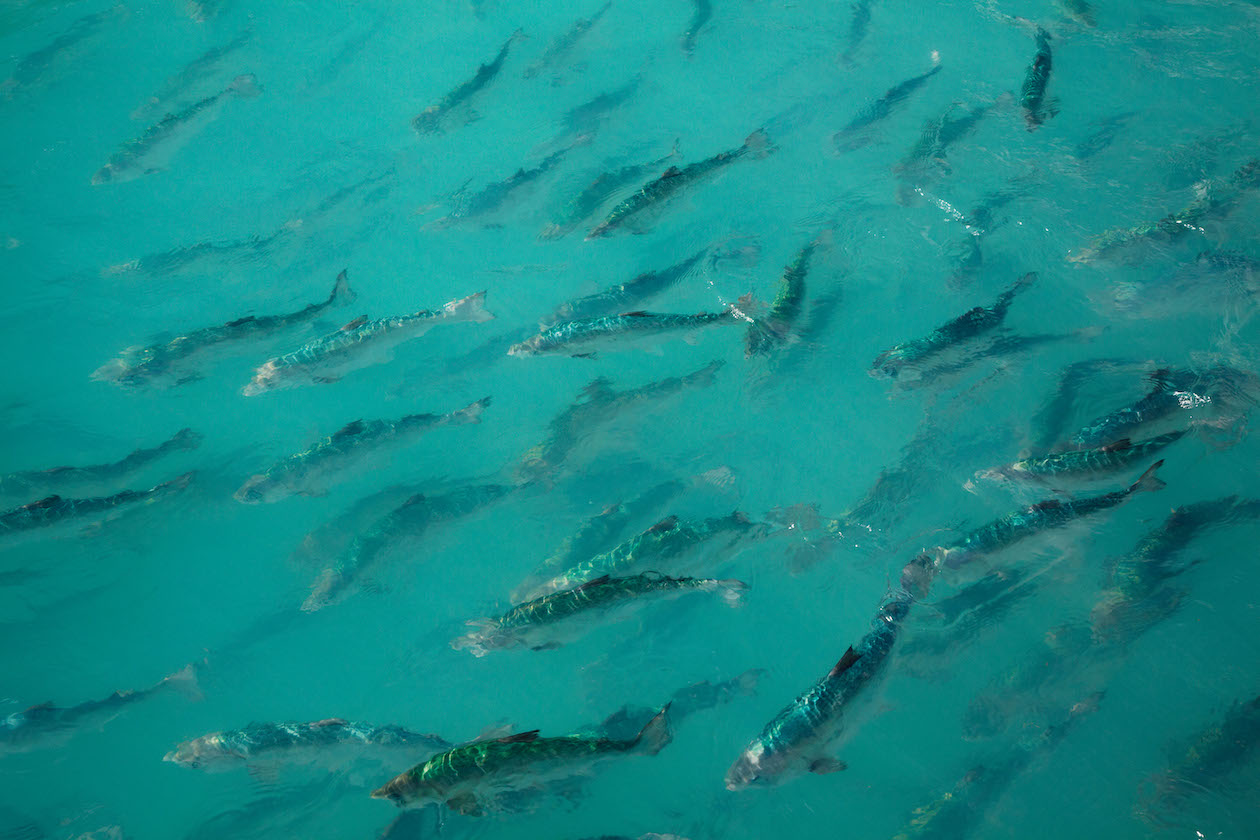Is Scottish salmon farming business linked to Russian intelligence services?
Money from an international financier, with alleged connections to Russia’s intelligence agencies, has been at the centre of funding Scotland's damaging salmon farming industry.

farmed salmon
The secretive businessman Yury Lopatynskyy who was born in Ukraine and brought up in the United States, has close links to the Russian financial system and is believed to have made his fortune in Moscow after the collapse of the Soviet Union. Among his portfolio of investments is a large part of Charlotte Square in Edinburgh where the first minister’s official residence Bute House is located, an award-winning wine range called Chateau de la Combe and an estate in Argyll.
However his alleged links to the Russian intelligence services have attracted the most interest. In 2017 papers leaked to a German newspaper showed that he was a director of a firm called BAMI First Mercantile Limited. Among its other directors was Arne Treholt, a Norwegian who served eight years in prison for selling secret information to Russia and Iraq. In a debate in Parliament on the 17th of January, Liam Byrne MP went as far as naming Yury Lepatynskyy as a person with “close connections to the SVR and FSB”. The SVR is the Russian foreign intelligence service and the FSB is its security agency.
As interest in Mr Lopatynskyy grew Don Staniford from the Global Alliance Against Industrialised Aquaculture pointed Shooting Times to his companies house entries. These showed that from 2009 to 2011 Mr Lepatynskyy was a director of the Scottish Salmon Company, one of Scotland’s largest salmon farming companies. At the time industry insiders hailed Lopatynskyy as the “lifesaver” of the Scottish Salmon Company. However, Mr Lepatynskyy’s tenure at the Scottish Salmon Company saw some of the most severe mass escape events in its history, including the loss of nearly 59,000 fish from the company’s Strone farm and of nearly 18,000 fish from its Aird operation.
Lopatynskyy is reported to have sold his shares in the company in 2019 after increasing its value twelve-fold. The sale was expected to net him 370 million euros.
Since 2009 salmon catches across Scotland’s rivers have declined catastrophically with a crash on stocks blamed in large part on the booming salmon farming industry.








